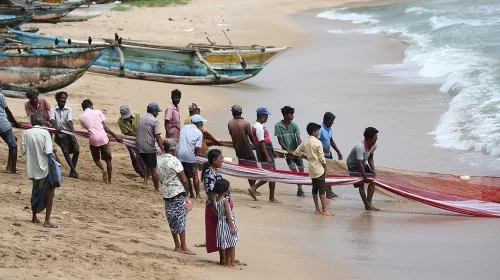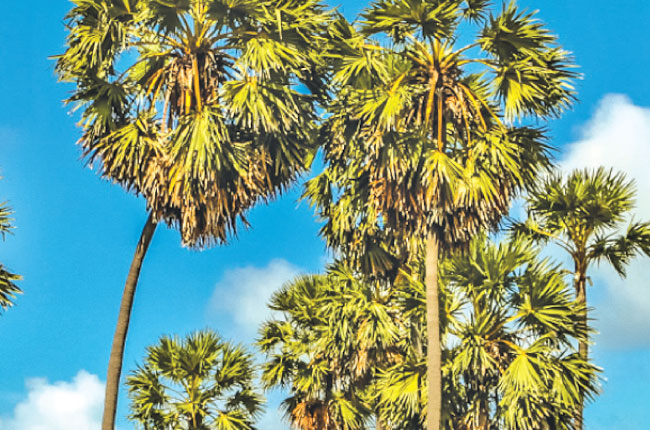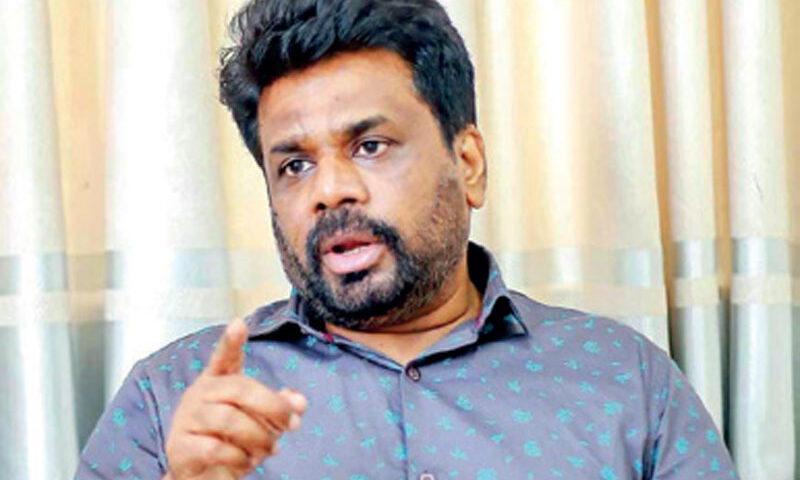Indian fishermen issue: Permit talk gathers flak across the board
- Move will violate sovereignty and affect all Sri Lankan fishermen: Annarasa
- Fisherfolk against this move, prepared to protest in the streets: NAFSO
- A step back from progress made to resolve issue: Kadirgamar
- No decision taken to issue permits, only a proposal: Ministry
 A proposal by the Government to permit Indian fishermen to fish in Sri Lankan waters has received widespread condemnation from Sri Lanka’s fishing community as well as from civil society groups.
A proposal by the Government to permit Indian fishermen to fish in Sri Lankan waters has received widespread condemnation from Sri Lanka’s fishing community as well as from civil society groups.
The criticism comes as coastal fishermen, especially in war-torn Northern and Eastern Provinces, struggle to sustain their livelihoods following the impact of Covid-19, surging fuel costs, and the economic crisis.
The Government initially devised the proposal in 2021. The idea is to issue licences to Indian fishermen for a fee to permit them access to Sri Lankan waters to carry out fishing activities. This is seen as a method to overcome the issue of Indian and Sri Lankan fishermen clashing in the northern seas of Sri Lanka. While this proposal was not pursued at the time, the Minister of Foreign Affairs recently brought attention to the option during a speech in Parliament, once again.
Will affect all SL fishermen
Kayts Fisheries Co-operative Society Secretary Annalingam Annarasa said that the decision, if implemented, would violate Sri Lanka’s sovereignty and affect all Sri Lankan fishermen, not just those in the north.
“Giving permission for Indian fishermen to fish in Lankan waters is a violation of the country’s sovereignty. This act won’t just affect northern fishermen but also the fishing community around the island as well as those who consume fish. This is not a policy northern fishermen will agree to.
“However, if India, as an act of harmony, stops bottom trawling activities in our waters, we will consider allowing small boats to engage in fishing activities (but not for illegal methods of fishing). Regardless, bottom trawling activities of Indian fishermen have to stop for three to five months for us to even consider this policy,” Annarasa opined.
He said that the decisions that had been taken at the ministerial level in 2016 to ban bottom trawling needed to be implemented. The landmark decision by Sri Lanka to ban the destructive form of fishing is seen as a move to protect its ocean resources, sustain a vibrant marine ecosystem, and be in line with global practices to deter poaching.
“Governments can change but actions should not change. Both countries should implement what was accepted as a decision. There is no second thought or alternatives that the northern fisherfolk are thinking of.”
Annarasa asserted that if Indian fishermen were allowed into Lankan waters, the local fishing industry would be outfished and consumers would be impacted as they would be forced to buy imports.
“In the north, around 200,000 people and 50,000 households depend on fishing as their livelihood. This policy will push fisherfolk to quit their livelihoods and survive on daily wage earning jobs for the rest of their lives once the sea becomes dominated by Indian fishermen.
“Secondly, it will lead to a situation where people who consume local fish will no longer be able to purchase them. People will be pushed to purchase tinned fish from foreign countries because this move won’t have proper management. We are speaking of the destruction of natural resources of the sea.”
Govt. proposing unsustainable policies
He charged that the Government was attempting to sell the country’s natural resources to earn foreign exchange in the short term.
“In 2018, an act was introduced to ban bottom trawling. This new policy or move to provide licences violates that act. The State is trying to sell our sea for dollars, without even considering whether it will be a sustainable process in the long term. We can also bring in dollars through seafood.
“Even now, blue-legged crabs are purchased at a low price and exported. When kerosene was sold at Rs. 87, a blue-legged crab was purchased at Rs. 2,100. Now the fuel price is Rs. 305 but the price of a crab is Rs. 1,600. Can [fishermen] continue to do this, considering the dollar rate? Who is concerned about these issues? Does the Minister of Fisheries even know about this? Is the Government even thinking about this? The Government is acting for its own benefit and not for the betterment of the people,” Annarasa charged.
Fisherfolk prepared to protest
Meanwhile, civil society groups also remain opposed to such a move by the Government.
“This will be a disaster for Sri Lankan fishermen – not only northern fishermen but Sri Lankan fishermen as a whole. It is really dangerous and we completely reject this. We have been working to prevent this situation and to push the Government to stick to the international maritime boundary and law. Fisherfolk are against this and are already prepared to take to the streets in protest,” National Fisheries Solidarity Organisation (NAFSO) National Coordinator Herman Kumara said.
He said that they would seek judicial recourse over the matter. “There is already a dangerous situation where Indian and Sri Lankan fishermen clash, with nets being destroyed and boats being damaged. Sri Lanka’s fish resources are being depleted and bottom trawling is destroying the ecosystem.
“Permitting Indian fishermen to fish in Sri Lankan waters is a violation of existing laws, so we will go to court and take action. Our waters have already been destroyed because of bottom trawling. We will go to court to demand that they protect our fishermen and take serious action in this regard.”
A regressive step
University of Jaffna Senior Lecturer Ahilan Kadirgamar asserted that this was a massive step back from the progress made to resolve the issue of Indian fishermen encroaching into Lankan waters. “It is a disastrous move by the Government. It will be devastating for the northern fishing community and a huge step back from the progressive moves taken to resolve the Indian poaching issue over the last 13 years.”
He said this showed the Government’s desperation to earn foreign exchange, disregarding the importance of natural resources.
“The Government is in a desperate situation. It has completely surrendered to Indian interests. It is also very short-sighted and is trying to earn a little bit of foreign income by issuing these licences. This just shows the complete lack of vision of the Government – it is not only thinking of a fire sale of assets through privatisation, for example the CEB and other assets, but even the sale of our own natural resources.”
No decision yet on licences
Ministry of Fisheries Secretary Indu Rathnayake said that no decision had been taken to issue permits for Indian fishermen.
“This was but a mere proposal. No such decision has been taken. We have to find a solution to this problem and there are many options on the table inducing this proposal. However, there has been no decision taken in this regard.”
She added that official discussions would be conducted in the coming months on a Government to Government basis while community level talks would be ongoing.
“Official discussions at a Government to Government level will be held. They will include ministers of the Central Government of India and Sri Lanka, as well as the High Commissioners of the respective countries. The date for the talks is yet to be decided, but we are in the process of organising this. There will be talks with the fisher communities this week. The Minister will go to Kachchatheevu and meet the fishermen from both Sri Lanka and India.”


